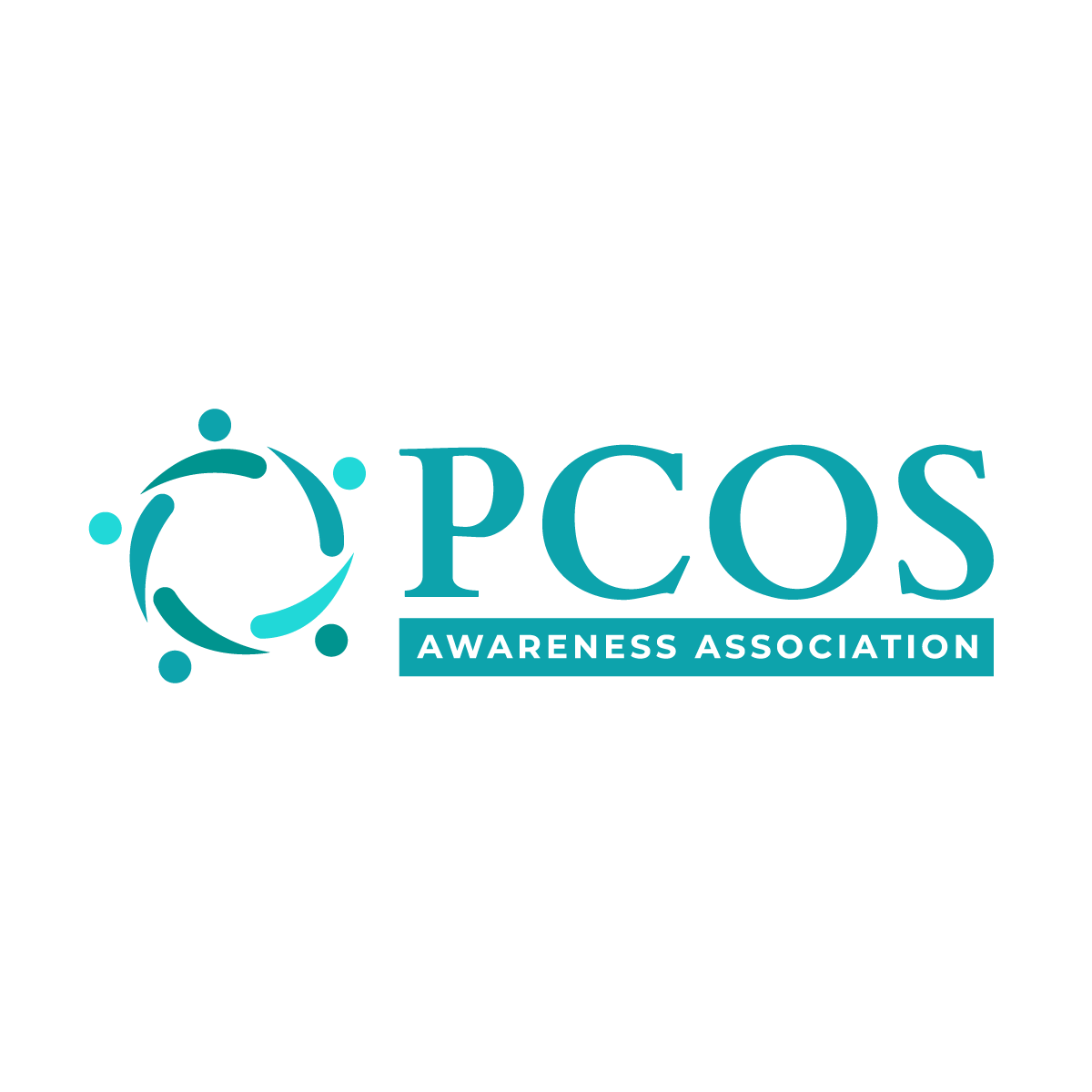Recent Study: Effects of Serum AMH (Follow Up)
There has been a great deal of buzz over the recently published study on the effects of serum-Anti Mullerian hormone (AMH) as a cure for PCOS. However, there are some things we need to address: While this study is a major step in the right direction, it has yet to be studied clinically, making rodent testing only so accurate. As such, it isn’t something we will have answers for in this generation or maybe even the next one - medical and clinical studies can take years and sometimes decades to pass the 4 phases necessary for mainstream medical practice, and that’s by United States Standards, other countries have other timelines.
There’s also another concern we need to address: there are a variety of ways PCOS can be represented, and it often varies by each individual, even though there are 4 main “types” identified. This makes finding 1 singular cause-effect model difficult. Which also means this study, if successful through the next phases of research, may only represent a portion of all PCOS cases.
While it’s true this may not be the only cause-effect relationship in the PCOS puzzle, it is a huge step in the right direction, and could potentially offer more insights into other possible causes, and their differing metabolic effects on the bodies of women with PCOS. We won’t know more without proper research and understanding.
What is important to remember here is that this is a big step for our community of women with PCOS, and it is bringing PCOS to the forefront of women’s health and medical research. BUT the only way we can answer this and other PCOS questions is by researching and increasing funding and donations to these types of projects. By donating to PCOS research through the PCOS Awareness Association, in our partnerships with PCOS research groups, an expansion into the complex roots of PCOS can be studied, and more and more women in the future can be benefited from those answers.
Jennifer Plouffé, MSPH
PCOSAA Medical Outreach Coordinator

